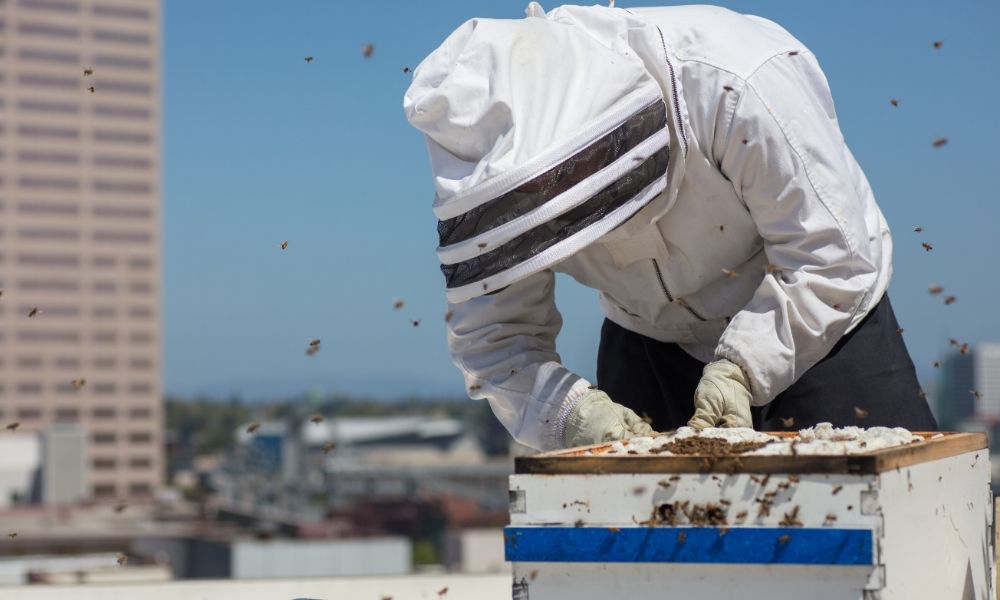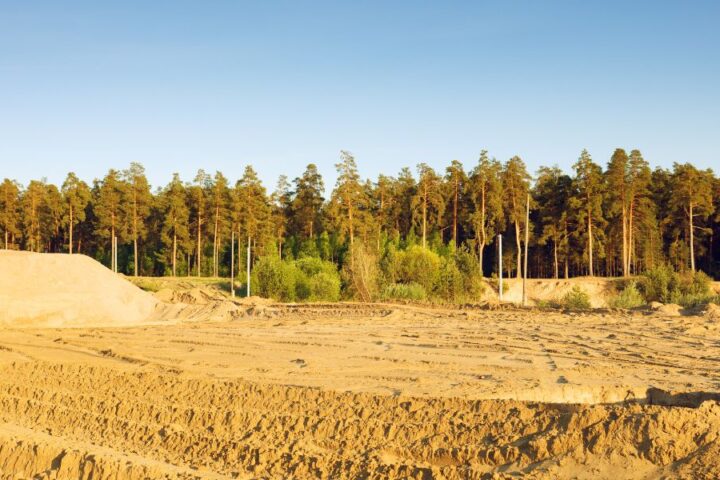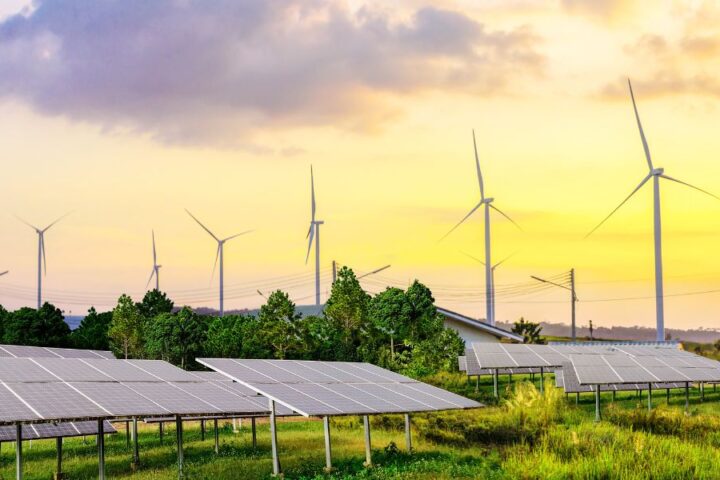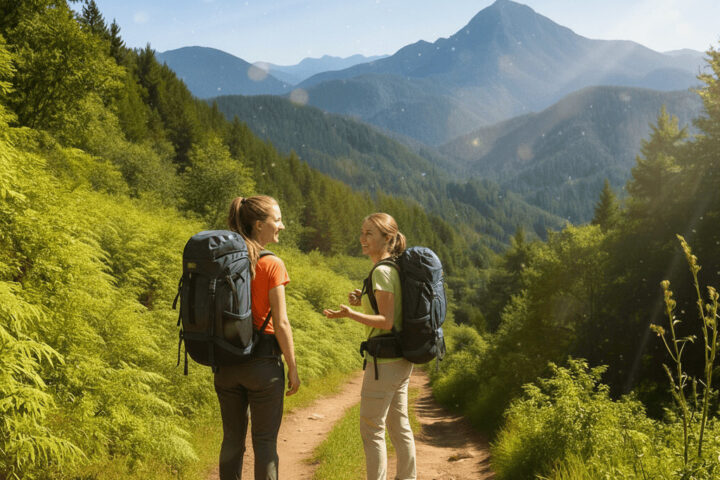Major cities contribute a lot to society’s carbon footprint, which means they must also play a large role in reducing that impact. Fortunately, urban residents have plenty of opportunity to speak and act against climate change. Everyone has a role to play in promoting green spaces, reducing waste and pollution, and creating a more environmentally conscious world. Here are just a few tips for how urban dwellers can help the environment.
Buy Local
Supporting the small businesses in your community has lots of perks. You can boost your local economy, meet people near you, and build stronger ties to your own neighborhood. Buying local also has positive effects on the environment. When you purchase your groceries from local sources or eat at restaurants that support local farms, you promote and sustain green spaces near your home. Additionally, buying anything locally—food, fashion, furniture, and any other products made in your community—reduces shipping and transportation. Local products don’t require planes or boats to get from the manufacturer and into your hands, giving each one a smaller environmental footprint.
Leave the Car Behind
One of the simplest ways urban dwellers can help the environment is to drive less and opt for alternative transportation methods. Less driving means less carbon emissions and air pollution. It also cuts down on fossil fuel consumption. No matter where you live, you can almost always stand to leave the car behind for a trip or two. When you live in a city, alternative means of transportation become even easier. From bus and train routes to walking or cycling a few blocks, the density of urban areas makes it easy for you to leave the car parked whenever you go out.
Make More Green Spaces
One of the problems cities face is a lack of green space. Buildings and concrete overtake parks and gardens, which means less plants to provide oxygen and clean the air as well as less natural habitats for wildlife. Do your best to create and maintain green spaces in your city. Keeping flowers on the balcony, growing a rooftop garden, or participating in a community garden are all great ways to cultivate natural areas in your urban environment. You can even grow fruits and vegetables to help you eat locally or become an urban beekeeper to bring natural pollinators into your environment. If you don’t have access to any green spaces, advocate for them. You can join an environmental group and become a volunteer and activist for more green spaces and better environmental change in your city.













